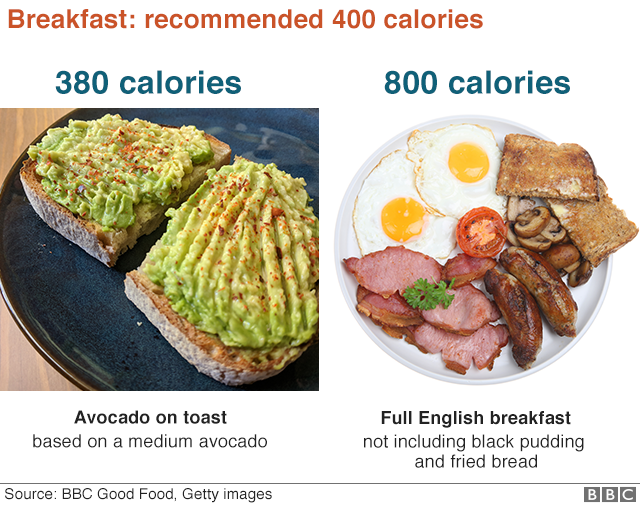Is 400 Calories Too Much For Breakfast
Is 400 Calories Too Much For Breakfast?
Breakfast is undoubtedly the most important meal of the day, but many people don't know what a healthy breakfast looks like or how many calories it should contain. A good breakfast should be balanced and nutritious, but also filling and satisfying. So, is 400 calories too much for breakfast?
What Is A Healthy Breakfast?
A healthy breakfast should contain a source of protein, healthy fats, and complex carbohydrates. Eating protein, healthy fats, and complex carbohydrates at breakfast helps to keep you feeling full and satisfied throughout the morning. Protein sources can include eggs, yogurt, nuts, and nut butters, while healthy fats can come from avocados, olive oil, and nuts. Complex carbohydrates like oatmeal, sweet potatoes, and quinoa can also provide fuel and help to keep you feeling full.
How Many Calories Should You Eat At Breakfast?
The exact number of calories you should eat at breakfast depends on your age, sex, activity level, and overall caloric needs. Generally speaking, a balanced breakfast should contain about 300-400 calories. Eating more than 400 calories may be too much for some people, while others may need more. It's important to listen to your body and eat what feels right.
What Does 400 Calories Look Like?
400 calories is a good starting point for a balanced breakfast. Here are some examples of what 400 calories could look like:
Option 1:
3/4 cup oatmeal cooked in 1 cup of unsweetened almond milk, topped with 1/4 cup sliced almonds and 1/2 a banana.
Option 2:
2 scrambled eggs with 1/4 cup shredded cheese, 1/2 cup roasted sweet potato cubes, and 1/2 an avocado.
Option 3:
1/2 cup Greek yogurt topped with 1/4 cup granola, 1/4 cup blueberries, and 1 teaspoon of honey.
Tips For A Healthy Breakfast
Here are some tips for creating a healthy and satisfying breakfast:
- Choose nutrient-dense foods with plenty of protein, healthy fats, and complex carbohydrates.
- Listen to your body and don't force yourself to eat more than you need.
- Make sure you're getting enough fiber, vitamins, and minerals.
- Eat slowly and mindfully, savoring each bite.
- Focus on whole foods and try to limit processed and refined foods.
Conclusion
400 calories is a good starting point for a healthy breakfast, but it's important to listen to your body and eat what feels right. A healthy breakfast should contain a source of protein, healthy fats, and complex carbohydrates, and should be balanced and nutritious. Make sure to focus on whole foods and eat slowly and mindfully. With these tips, you can create a healthy and satisfying breakfast that will give you energy and keep you feeling full until lunchtime.
400-Calorie Breakfasts | POPSUGAR Fitness
Britain 'needs to go on a diet' - Health officials - citifmonline.com

400-Calorie Breakfasts | POPSUGAR Fitness
What 400 caloreis looks like- Example #1 - Heather Mangieri Nutrition

Breakfast: 400 calories Lunch: 400 calories Dinner: 20,000 calories

What 400 caloreis looks like - Example # 4 - Heather Mangieri Nutrition

Breakfast for dinner. ~400 calories : 1200isplenty

Reddit - Dive into anything

What 400 calories looks like example #2 - Heather Mangieri Nutrition

Giant breakfast plate for about 400 calories : Volumeeating
